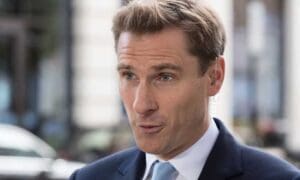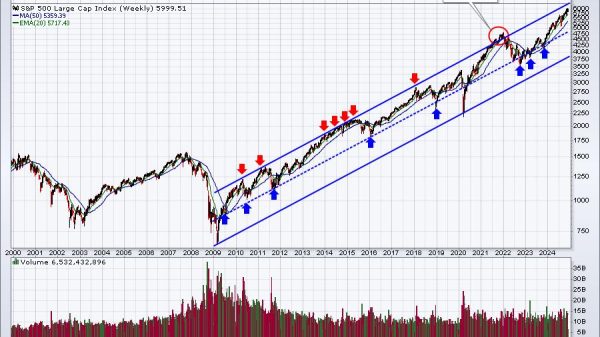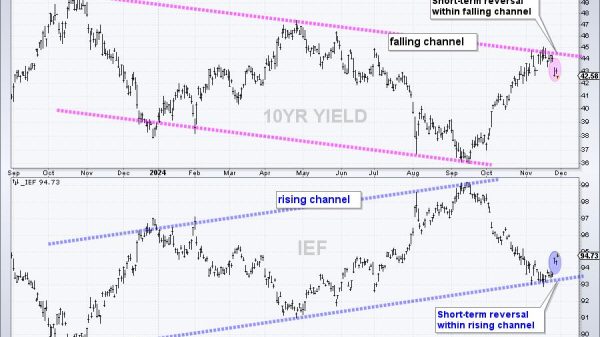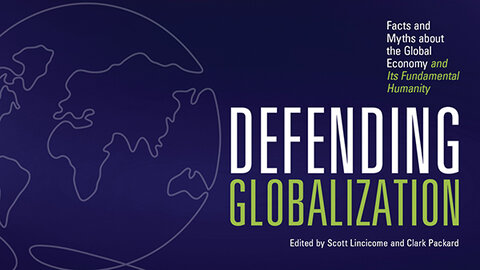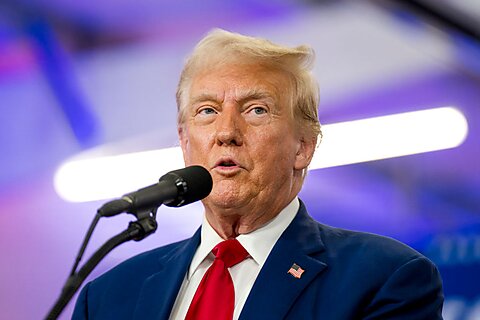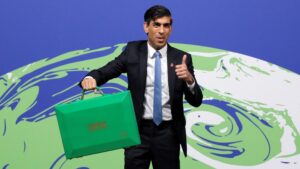Nearly 200 countries at the Cop28 climate summit have agreed to a deal that, for the first time, calls on all nations to transition away from fossil fuels to avert the worst effects of climate change.
After two weeks of at-times fractious negotiations in the United Arab Emirates, the agreement was quickly gavelled through by the Cop28 president, Sultan Al Jaber, on Wednesday morning. He received an ovation from delegates and a hug from UN climate chief, Simon Stiell.
Despite the urging of more than 130 countries and scientists and civil society groups, the agreement did not include an explicit commitment to phase out or even phase down fossil fuels.
Instead, it reached a compromise that called on countries to contribute to global efforts to transition “away from fossil fuels in energy systems in a just, orderly and equitable manner, accelerating action in this critical decade, so as to achieve net zero by 2050 in keeping with the science”.
Al Jaber argued the deal, reached in the hottest year on record, was a comprehensive response to a global stocktake that found countries were failing to live up to the goals of the landmark Paris climate agreement, particularly a commitment to try to limit global heating to 1.5C (2.7F) above preindustrial levels.
“We have delivered a robust action plan to keep 1.5C in reach,” he said. “It is an enhanced, balanced, but make no mistake, a historic package to accelerate climate action. It is the UAE consensus. We have language on fossil fuel in our final agreement for the first time ever.”
But countries from the global south and climate justice advocates said the text fell short of what was needed on emissions reductions and finance to help the most vulnerable cope with worsening extreme weather and heat, and included language that appeared to placate fossil fuel interests.
There was confusion in the plenary hall shortly after the agreement was passed as many parties had assumed there would be a debate over the text. The Alliance of Small Island States, representing 39 countries, said it had not been in the room when the deal was adopted as it was still coordinating its response.
Its lead negotiator, Anne Rasmussen from Samoa, did not formally object to the agreement and believed the deal had good elements, but said the “the process has failed us” and the text included a “litany of loopholes”. “We have made an incremental advancement over business as usual when what we really needed is an exponential step change in our actions and support,” she said. Her speech was met with a standing ovation.
Most praise for the deal focused on the call for a transition away from coal, oil and gas. Prof Johan Rockström, from the Potsdam Institute for Climate Impact Research in Germany, said: “No, the Cop28 agreement will not enable the world to hold the 1.5C limit, but yes, the result is a pivotal landmark. This agreement delivers on making it clear to all financial institutions, businesses and societies that we are now finally – eight years behind the Paris schedule – at the true ‘beginning of the end’ of the fossil-fuel driven world economy.”
The UN secretary general, António Guterres, tweeted: “Whether you like it or not, fossil fuel phase-out is inevitable. Let’s hope it doesn’t come too late.”
John Kerry, the US special presidential envoy for climate, said: “While nobody here will see their views completely reflected, the fact is that this document sends a very strong signal to the world.”
Key points to come out of the deal included:
It reinforced the 1.5C goal and recognised it would require a 43% emissions cut by 2030 and 60% by 2035 relative to 2019 levels. It implies a major increase in targets and policies when countries submit new commitments in 2025.
Countries backed a call for global renewable energy to be tripled and the rate of energy efficiency improvements doubled by 2030.
A statement that global emissions should peak by 2025 was dropped. China, among others, objected to this despite evidence it may be on track to peak its own emissions by then.
Language backed by fossil fuel interests found its way into the text, including “transition fuels” – a code for natural gas – and “carbon capture and utilisation and storage”.
Little progress was made on climate adaptation and finance, which the deal acknowledges will need trillions of dollars in support.
A loss and damage fund to help the most vulnerable repair the damage from climate breakdown was operationalised – a major step forward – but significant work remains to build its capacity.
The strained nature of the agreement reflects the UN climate conference’s consensus process. Once a deal is reached, individual countries are responsible for delivering on the agreements through national policies and investments.
Many developed countries had joined the most vulnerable in publicly pushing for a phase-out of coal, oil and gas. The European Union said there was a “supermajority” in support for the idea, but many wealthy countries wanted it only to apply to “unabated” fossil fuels – those where the emissions from burning them are not captured.
Saudi Arabia and a few allied countries objected to the inclusion of any reference to reducing the production and consumption of fossil fuels in the text of a potential deal.
Stiell said Cop28 had needed to signal a “hard stop to humanity’s core climate problem – fossil fuels and their planet-burning pollution” – and the final agreement left a lot of room for interpretation. It was up to countries to commit to its most ambitious interpretation, he said.
“If all countries don’t take this approach, loopholes leave us vulnerable to fossil fuel vested interests, which could crash our ability to protect people everywhere against rising climate impacts,” he said.
Mohamed Adow, from the thinktank Power Shift Africa, said the deal sent a strong signal, but agreed there were too many loopholes “on unproven and expensive technologies like carbon capture and storage, which fossil fuel interests will try and use to keep dirty energy on life support”.
“Some people may have had their expectations for this meeting raised too high, but this result would have been unheard of two years ago, especially at a Cop meeting in a petrostate. It shows that even oil and gas producers can see we’re heading for a fossil-free world,” he said.
Read more:
Cop28 landmark deal agreed to ‘transition away’ from fossil fuels




